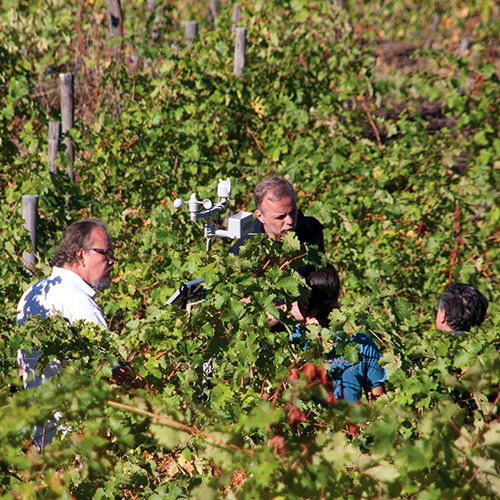Performance-oriented architecture and urban design
Relating information-based design and systems-thinking in architecture
DOI:
https://doi.org/10.7577/formakademisk.2963Sammendrag
This article discusses a performance-oriented approach to architectural and urban design that seeks to intensify the interaction between architectures and their specific settings and environments. The overarching aim is to expand performance-oriented design in architecture to urban design and to integrate architectural, urban design and landscape design into a multi-scalar and multi-domain approach. This effort is currently comprised of three distinct research by design efforts: [i] designs for urban areas with a focus on demographic and environmental aspects, [ii] designs for peripheral areas with a focus on preserving or restoring vital local bio-physical conditions and interrelations, and [iii] designs for rural areas that elaborate an integrative approach towards constructions and correlating land uses. In order to facilitate this approach, computational information-based design is linked with systems-thinking. The portrayed research was undertaken at the Research Centre for Architecture and Tectonics and the Advanced Computational Design Laboratory at the Oslo School of Architecture and Design over a period of five years from 2014 to 2018.

Nedlastinger
Publisert
Hvordan referere
Utgave
Seksjon
Lisens
- Forfatteren(e) beholder sin opphavs- og kopieringsrett til eget manuskript, men gir tidsskriftet varig rett til 1) å fremføre manuskriptet for offentligheten i den opprinnelig publiserte digitale form, og 2) å registreres og siteres som første publisering av manuskriptet.
- Forfatteren må selv forvalte sine økonomiske kopieringsrettigheter overfor eventuell tredjepart.
- Tidsskriftet gir ingen økonomisk eller annen kompensasjon for innsendte bidrag, medmindre det er gjort særskilt avtale om dette med forfatteren(e).
- Tidsskriftet plikter å arkivere manuskriptet (inklusive metadata) i den opprinnelig publiserte digitale form, i minst ett dertil egnet åpent tilgjengelig langtidsarkiv for digitalt materiell, som for eksempel i de norske universitetenes institusjonsarkiv innen rammen av NORA-samarbeidet.
Verket vil bli publisert OpenAccess med en Creative Commons 4.0-lisens som tillater alle å lese, dele og tilpasse innholdet, også kommersielt, under lisensvilkårene:
Dette verket må tilskrives/ krediteres på riktig måte, en lenke må gis til CC-BY 4.0-lisensen, og endringer som er gjort må angis på en rimelig måte, men ikke på noen måte som antyder at lisensgiveren støtter deg eller din bruk.



